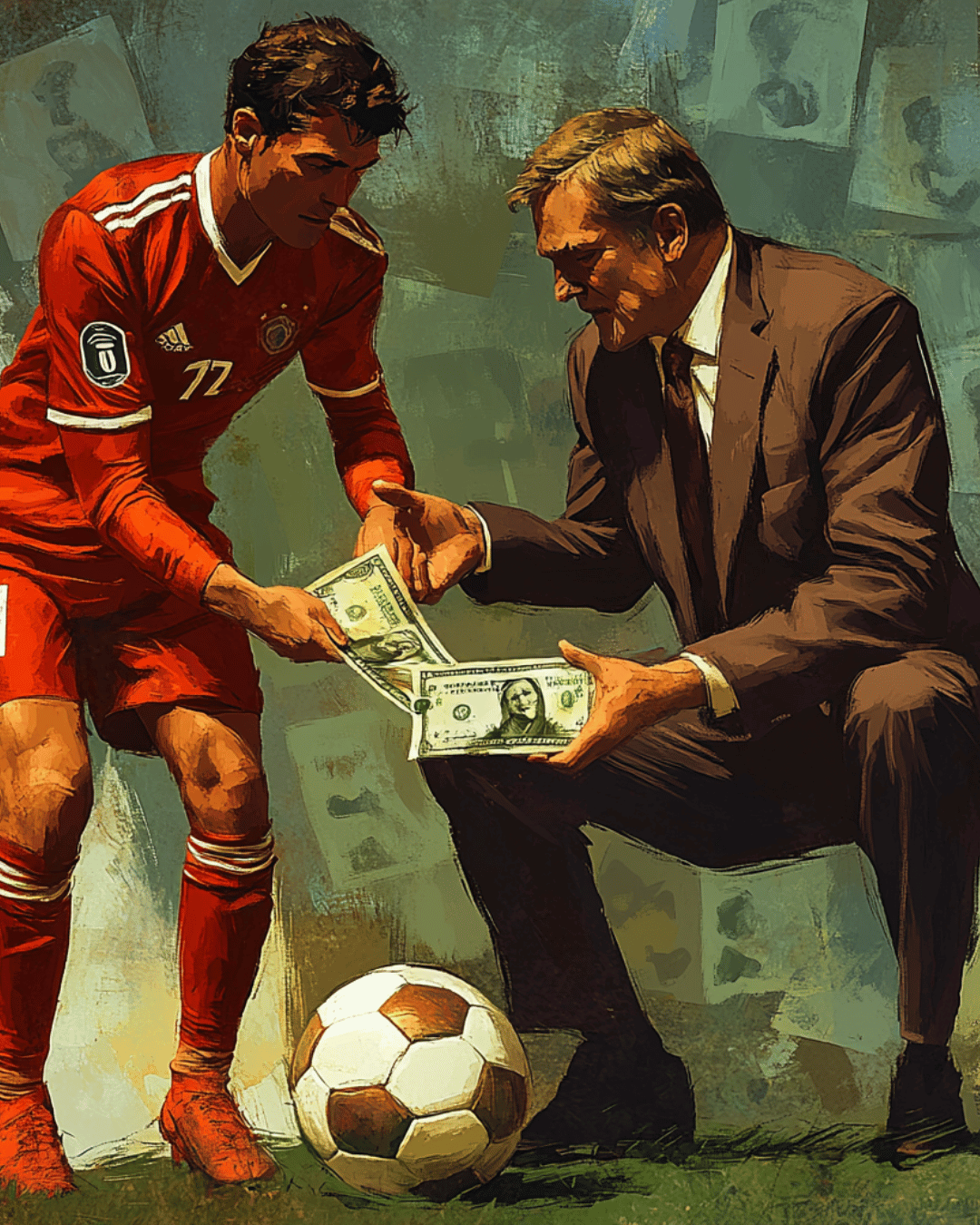In recent months, global players’ union FIFPRO has logged a steady stream of complaints from athletes who paid “agents” for visas, flights or finder’s fees—only to discover the club never existed or the trial was fraudulent. Zimbabwean international Marshall Munetsi calls it a “crisis”, warning that teammates have arrived at airports to find no one waiting for them. (FIFPRO)
How the Scams Work
Fake agents tend to follow a familiar playbook: they approach players on social media, brandish letters pasted with FIFA or famous club logos, demand money up front for “administrative costs”, and pressure prospects to act quickly. Victims from Sweden to Colombia have lost thousands chasing non existent opportunities, as detailed in recent investigative reporting. (FIFPRO)
FIFPRO’s Response
FIFPRO has intensified its awareness campaign. Division Africa partnered with the Didier Drogba Foundation and the International Labour Organization to produce videos, social media explainers and hotline contacts in multiple languages. Globally, the union has published an “Eight Ways to Spot a Fake Agent” checklist and urges players to confirm any intermediary’s licence on the new FIFA register or through their national union before handing over documents or money. (FIFPRO)
Protecting Yourself: Three Quick Checks
- Verify the licence. Every legitimate agent now has a license. Verify by scanning the QR code on their license. Click here to see a mock example of a license
- Never pay up front fees. Real agents earn commission from completed deals, not advance “administration” costs.
- Call your union. If an offer seems too good to be true, your national players’ association or FIFPRO can confirm (or debunk) it in minutes.
FIFPRO’s message is blunt: if you’re ever in doubt, pause the conversation and seek independent advice—because in football, a dream opportunity should never begin with a wire transfer to a stranger.










